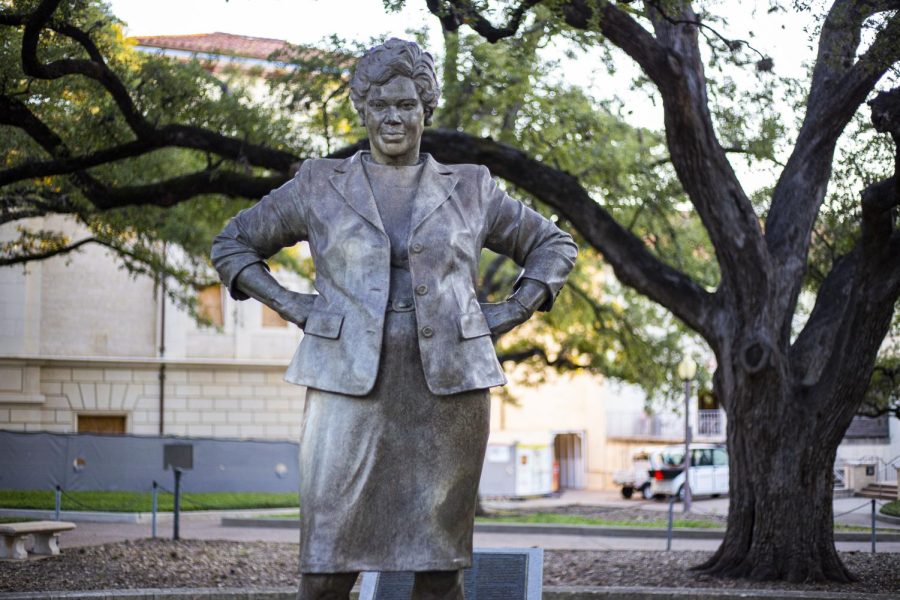Students reflect on Texas history, education following the passing of the 1836 Project
October 1, 2022
Two weeks ago, a committee put together by Gov. Greg Abbott and other Texas leaders approved the Texas 1836 Project, which attempts to explain the history of Texas concerning the rights of African Americans, enslaved people and the Indigenous population.
The act came in response to The New York Times’ 1619 Project, which reexamines U.S. history, focusing on slavery and contributions of Black Americans. Texas’ motion to promote “patriotic education” began in June 2021 when Abbott enacted Bill 2497 to create the 1836 committee. The bill defines the “patriotic education” within the 1836 Project as a “presentation of the history of this state’s founding and foundational principles” and an “examination of how this state has grown closer to those principles throughout its history.”
The state will create a brochure with the information from the 1836 Project, which will be given to those seeking a Texas driver’s license. The bill requires the pamphlet to include information that “explains the significance of policy decisions made by this state that promote liberty and freedom for businesses and families.” This includes “an overview of Texas history and civics,” “the legacy of economic prosperity in this state” and “the abundant opportunities for businesses and families in this state.”
Political communication senior Tatum Owens said she worries about the effect of the pamphlet on teenagers, as it may reinforce “damaging stories that they’ve already heard in their Texas history classes.”
“It’s handed out in pamphlets when you get your driver’s license, instead of focusing on an actual education modifying the (Texas Essential Knowledge and Skills),” Owens said. “We have the power to change the curriculum and how history is taught, and yet, our state wants to spread disinformation and false historical narratives and do it in a way that doesn’t change how people are learning history because it’s outside of the education system.”
The project’s name sparked major controversy — referring to when Texas gained its independence from Mexico. Brianelly Flores, co-director of operations for the Native American and Indigenous Committee at the University said the title further marginalizes groups of people that did not receive independence and could not celebrate their freedom at that time.
“It’s the same conversation that people have had with July 4th,” said radio-television-film sophomore Flores. “This is the date of Texas’ independence, but independence for (whom)? There are people that were not free in 1836. It does sanitize and gloss over the entire fact that Texas was a slaveholding state.”
Cindy Muñoz, diversity, equity and inclusion director for Moody College’s Communication Council, said that American exceptionalism in history blinds students to important perspectives that don’t receive attention until higher education. She said she did not know many aspects of Texas’ true history until she came to the University.
“It wasn’t really until I came to college that I had a better understanding of the complexities within Texas history,” said Muñoz, radio-television-film and political communication senior. “I was sitting in Dr. Moore’s class, 12 years after being in public education, never knowing that in Texas history, there was lynching of Mexican American people. That was a whole part of my identity and my history that I was not made aware of.”



